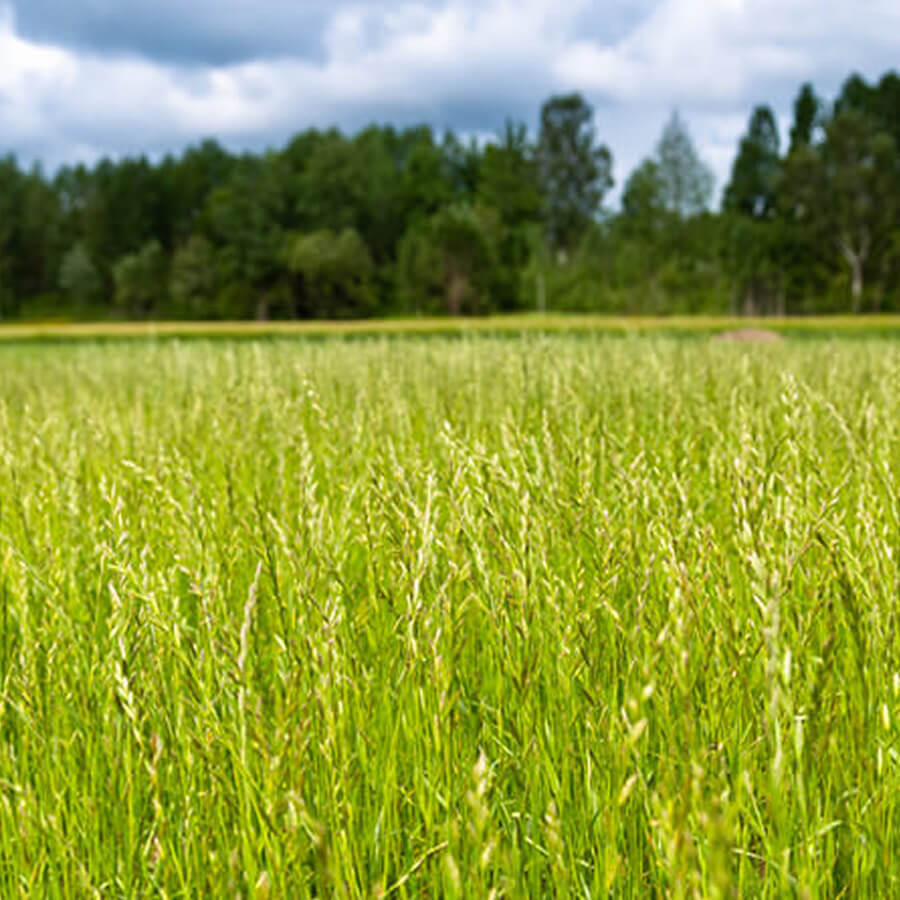Allergic Rhinitis (Hay Fever) and Sinusitis
 Allergic rhinitis (hay fever) is very common and is caused by the nose and/or eyes coming into contact with allergens in the environment. These include pollens (from grasses, weeds or trees), dust mites, moulds and animal dander (skin flakes from animals with fur). Allergic rhinitis can cause a runny, itchy or congested nose, sneezing and itchy/watery eyes. These symptoms may be mistaken for infections such as colds and flu, but treatments are different. Sinusitis can occur if allergic rhinitis is not treated correctly.
Allergic rhinitis (hay fever) is very common and is caused by the nose and/or eyes coming into contact with allergens in the environment. These include pollens (from grasses, weeds or trees), dust mites, moulds and animal dander (skin flakes from animals with fur). Allergic rhinitis can cause a runny, itchy or congested nose, sneezing and itchy/watery eyes. These symptoms may be mistaken for infections such as colds and flu, but treatments are different. Sinusitis can occur if allergic rhinitis is not treated correctly.
Effective allergic rhinitis treatments are available from pharmacies and include sinus rinses or sprays, antihistamines, corticosteroid (anti-inflammatory) nasal sprays and combination nasal sprays that contain corticosteroid and antihistamine. If these treatments don't control symptoms, allergen immunotherapy (desensitisation) may be prescribed by a doctor, after allergy testing confirms which allergens are causing symptoms. Allergen minimisation can also help reduce symptoms due to allergic rhinitis or asthma.
Information about non-allergic conditions (vocal cord dysfunction and non-allergic rhinitis) are available on this page, as they are often mistaken as allergic conditions, but require different treatments.
Fast Facts
Fast Facts about allergic rhinitis (hay fever)
Treatment Plan
ASCIA Treatment Plan for Allergic Rhinitis
Click on the links below for more information (A-Z)
Non-Allergic Rhinitis, Allergic Rhinitis and Chronic Rhinosinusitis with Nasal Polyps - in development
Videos
Scan the QR code to view this webpage on a mobile phone

